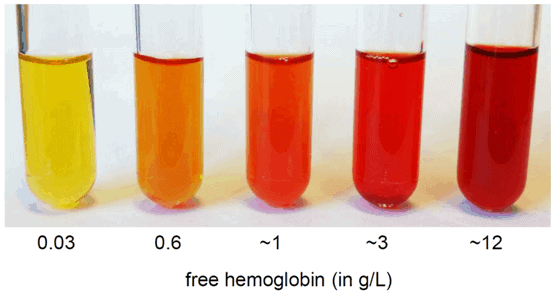Altered laboratory test results: to report or not to report?
Conditions before, during or after the analyses itself can influence laboratory results. The vast majority of these influencing factors can be found in processes before the samples are received by the lab. The question frequently asked by medical professionals: should these altered laboratory results be reported?
To date there are no guidelines or standardization on reporting or not reporting altered test results. In response to this, scientists from Paracelsus Medical University in Salzburg, Austria struck up a scientific discussion on this topic in their opinion paper published in the journal Clinical Chemistry and Laboratory Medicine. They believe that reporting a pre-analytically altered laboratory value, including a comment about the effect of possible influencing factors is preferable to not reporting it. In addition to starting a scientific discussion, the researchers also hope to encourage laboratories around the world to reflect on the benefits and harms of reporting, or not reporting test results altered by pre-analytical factors, hopefully leading to a consensus on how to deal with this in the near future.
Each laboratory result may be influenced by conditions before, during or after the analyses itself. The vast majority of these influencing factors can be found in processes before the samples are received by the lab. This part is called pre-analytics and comprises actions like blood collection or sample transportation. As a consequence of errors in these processes, red blood cells may rupture and cause haemolysis, which is the destruction of red blood cells, releasing haemoglobin and other intracellular components into the plasma within the sample tube.

This is by far the most frequent preanalytical error a medical laboratory has to deal with, as it potentially alters results of several analytes, depending on the amount of ruptured red blood cells. The release of such results may indirectly harm the patient by triggering wrong clinical decisions in monitoring or treatment. On the other hand, not giving out the results might also “harm” the patient by delaying the time to decision making as the exact value sometimes is not necessary but rather an answer to the question “Is it raised or lowered”.
As every laboratory has its own way of dealing with this dilemma, the scientists from Paracelsus Medical University want to start the scientific discussion on this important issue by providing one possible method to overcome the lack of clinical information. The laboratory would then need to correctly decide whether or not to release an altered test result. They suggest clinicians are provided with all the information on the haemolytic sample and its influence on the respective parameter so that the clinician can make his/her own decision based on the test result and this additional information.
Read the original article here: